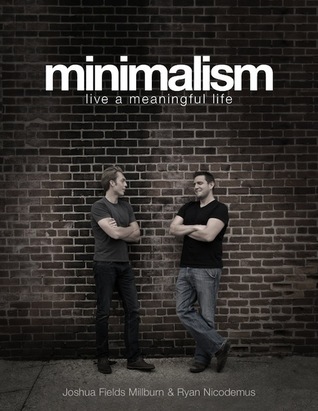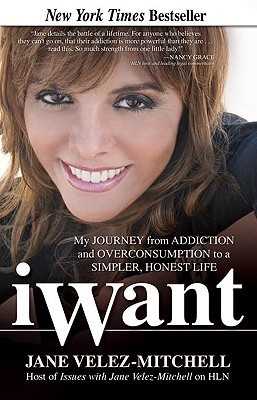
The Year of Less: How I Stopped Shopping, Gave Away My Belongings, and Discovered Life Is Worth More Than Anything You Can Buy in a Store
Book Description
Imagine stripping your life down to the essentials, throwing away the clutter, and discovering freedom in simplicity. Cait Flanders takes readers on a transformative journey through a year of intentional living, where consumerism fades and self-discovery ignites. As she confronts her spending habits, she unearths a profound truth: happiness isn't found in shopping sprees but in meaningful experiences and connections. The emotional stakes soar as she navigates challenges, letting go of possessions that once defined her. What will she discover when the noise subsides and clarity emerges—can true joy exist outside the walls of a store?
Quick Book Summary
"The Year of Less" chronicles Cait Flanders’ experiment to stop unnecessary shopping and live with intentionality. Over the course of a year, she implements a self-imposed shopping ban that forces her to confront both her spending habits and the emotional impulses driving consumerism. She gradually declutters her possessions, reflects on what truly adds value to her life, and navigates personal challenges, including career changes and family issues. Through letting go of physical and emotional baggage, Flanders discovers the liberating power of simplicity. The journey reveals that happiness and fulfillment are not found in material possessions, but in meaningful relationships, experiences, and self-awareness. Her memoir is both an inspirational guide and a deeply personal story about breaking free from societal expectations and learning to live with less, but fuller, purpose.
Summary of Key Ideas
Table of Contents
Embracing Minimalism and Intentional Living
Cait Flanders embarks on a transformative journey by imposing a one-year shopping ban on herself, a decision that marks the beginning of her transition toward a minimalist, intentional lifestyle. She commits to buying only essentials—such as groceries and toiletries—and creates a detailed set of rules to guide her spending. By tracking every purchase and financial decision, she becomes hyper-aware of her habits and the deeper motivations behind them. This self-imposed structure not only curbs her spending but also sets the stage for significant introspection and personal growth.
Breaking Emotional Ties to Possessions and Shopping
As Flanders sorts through her belongings, she encounters emotional attachments to material items and begins the process of decluttering her physical space. She discovers that many of her possessions symbolize memories, status, or safety rather than actual utility or joy. The act of letting go proves challenging yet rewarding, as Flanders learns to detach her identity and happiness from what she owns. This process prompts her to evaluate the true meaning of 'enough' and what she genuinely values, thus strengthening her commitment to living more simply.
Navigating Personal and Financial Challenges
Throughout her year-long experiment, Flanders faces unexpected personal and financial challenges. She goes through professional changes, navigates family difficulties, and confronts moments of loneliness and self-doubt. Rather than resorting to shopping as a coping mechanism, she leans into these emotions, developing healthier ways to process and express herself. Her experience highlights how financial habits often reflect deeper emotional struggles and how conscious restriction can uncover buried sources of stress and unhappiness.
Discovering Self-Worth Beyond Consumerism
Flanders’ journey underscores the discovery that self-worth and fulfillment are not tied to acquisitions or financial status, but to personal growth and authentic connection. As she focuses on relationships, hobbies, and experiences she previously overlooked, her sense of satisfaction and confidence grows. Along the way, she finds new meaning in everyday life and breaks free from the pressures of consumer culture that had once dictated her choices and self-image.
Finding Fulfillment in Simplicity and Experience
By the end of her year, Flanders emerges with a new outlook on happiness, consumption, and identity. She demonstrates that choosing less—minimizing clutter, spending, and distractions—can create space for greater joy, reflection, and intentionality. The memoir serves as both a personal testament and a practical roadmap for those seeking a simpler, more mindful way of living, encouraging readers to find fulfillment in experiences, growth, and authentic relationships rather than the pursuit of material goods.
Download This Summary
Get a free PDF of this summary instantly — no email required.





